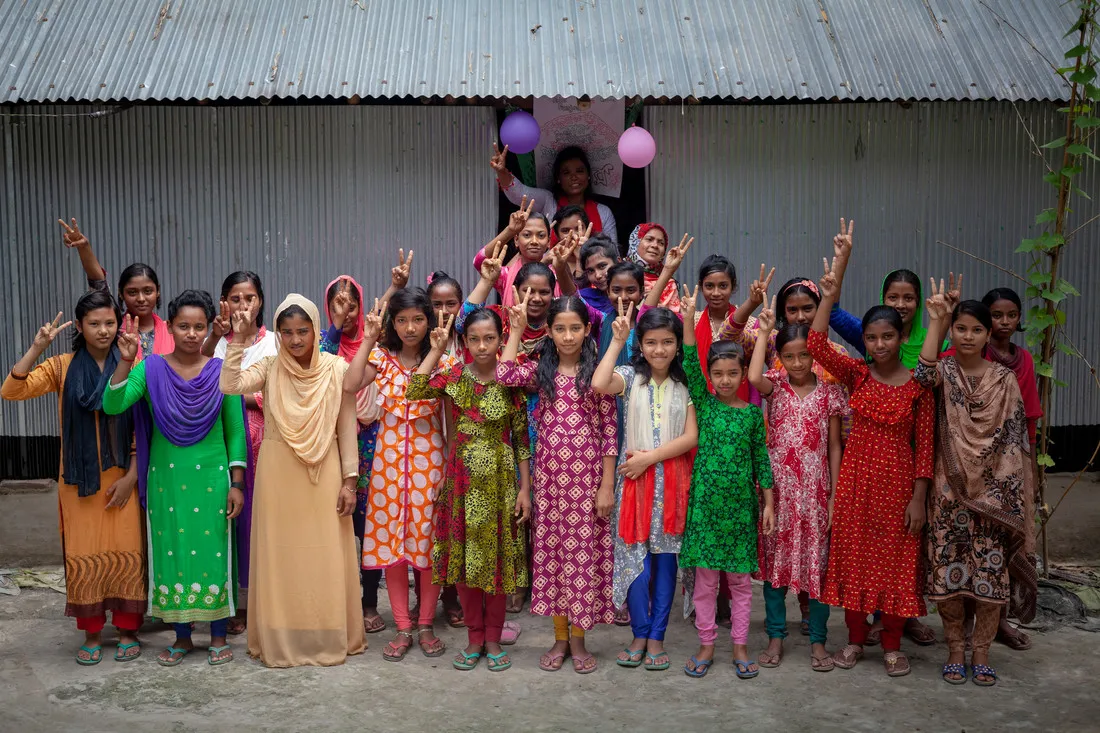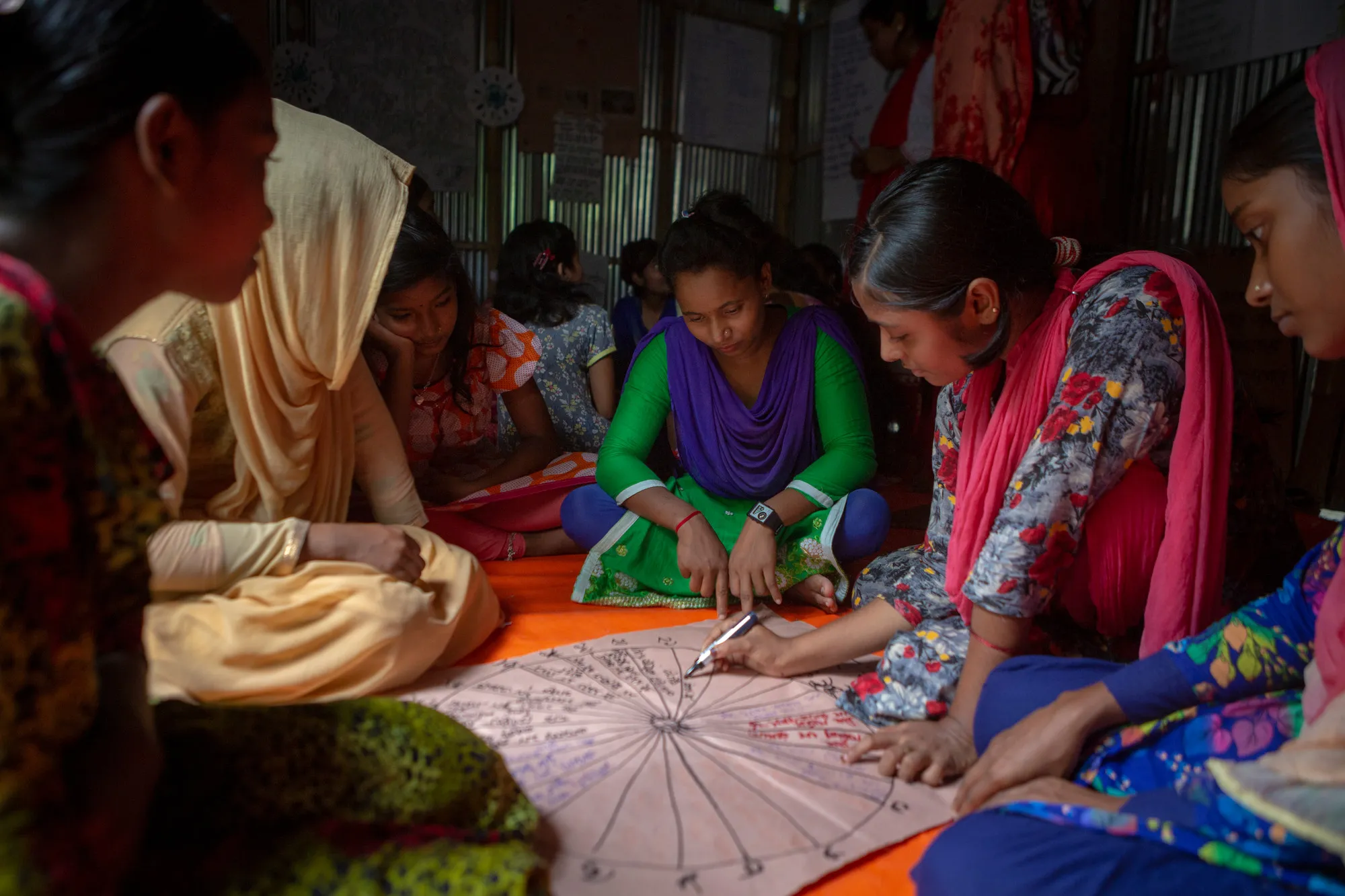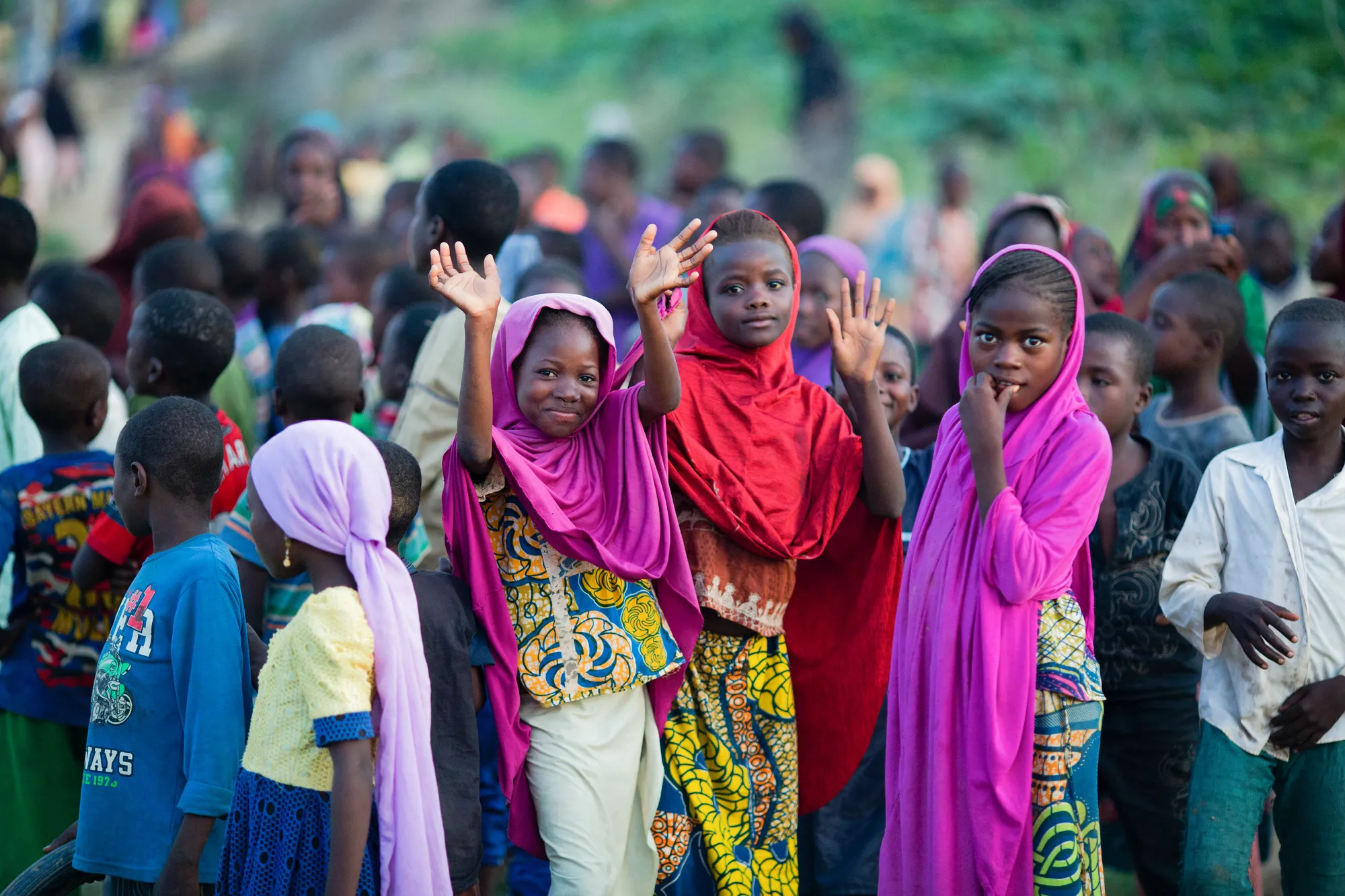Whether it’s their parents deciding to stop their schooling without even consulting them or going to a health post that doesn’t know how to meet their needs as teenagers, girls and young women have a lot more to say than their families, their teachers, their brothers, and their leaders make space for. Their voices, choices, and leadership are blocked by deeply rooted social norms, like the control of adolescent sexuality, violence, mobility, access to technology, and limited or no access to knowledge and information on reproductive health. On top of these, age-related social norms related to puberty keep girls out of school on a monthly basis by shaming them into hiding the menstrual cycles that affect 50% of the human population, and adults assuming the need and right to be central decision-makers in girls’ lives drive practices like child, early and forced marriage and other rights violations. While the transition to adulthood is seen as an opportunity for increased freedom for so many adolescents around the world, girls often face increased restrictions that limit their life course, such as when they’re expected to follow the choices made by their parents about if, who, and when they marry.
Faced with these challenges, the EMPower – the Emerging Markets Foundation and CARE’s Tipping Point Initiative came together first to learn from EMpower’s experience developing the Adolescent Girls’ Learning Community model in India to understand the ways in which girls themselves were taking on these norms. The partnership grew to adapt the model in Nepal and Bangladesh during Tipping Point’s second phase, becoming a central strategy for challenging social expectations and repressive norms, and promoting movements and activism that are led by girls.




